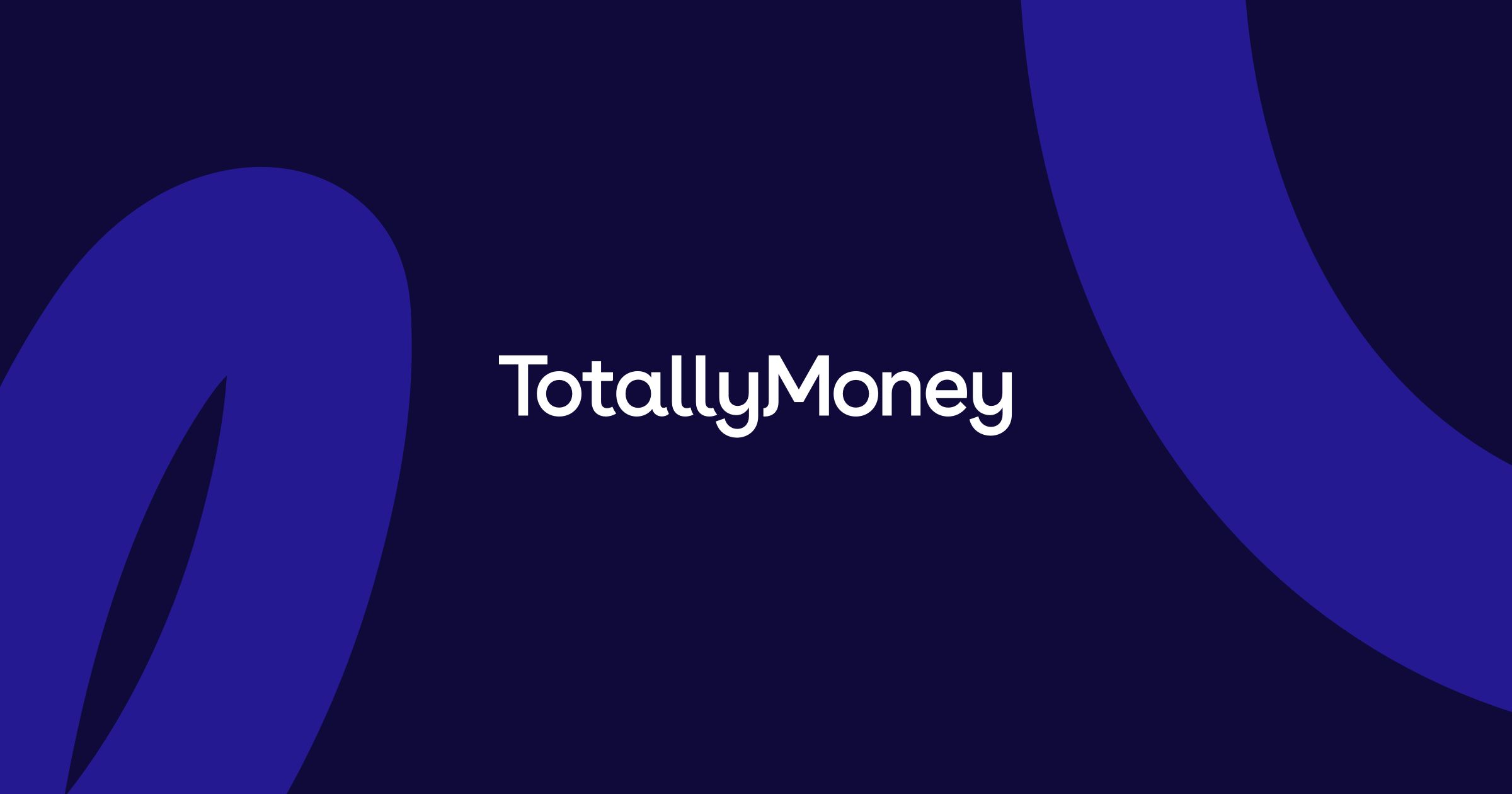If you don’t have that much money available for a deposit then owning your own home can seem a pretty far off prospect. However with a LTV mortgage your dream could soon become a reality.
A 90% mortgage can help you get a leg-up onto the property ladder much sooner than expected. But with a smaller deposit can come larger risks, so make sure you know what you’re letting yourself in for from the outset.
What is a 90% mortgage?
The amount you can borrow in relation to the value of the property is known as the loan-to-value or LTV. For example, if you are buying a property for £200,000 and borrowing £150,000 (with a £50,000 deposit), your LTV is 75%.
Every mortgage deal on the market will state a maximum LTV. E.g. 60%, 80%, 90% etc.
90% mortgages relate to a 10% deposit and LTV of 90%. At the moment 90% is one of the highest LTVs available on the mortgage market.
90% mortgages might be a good option for people struggling to save a deposit but they are more expensive than mortgages with a lower LTV.
What are the risks of a 90% mortgage?
Title
There are two sets of risk concerning 90% mortgages: to the lender, and the borrower.
Say, for example, you bought a £100,000 property with a 10% deposit (£10,000) and 90% mortgage (£90,000). If house prices fall in a year’s time the property might be worth just £85,000. This means that you, the borrower, would be in negative equity and this would make it impossible (in current market conditions) to move house or remortgage. Smaller deposits essentially make it easier to fall into negative equity.
From the lender’s point of view if you stopped paying the mortgage and the property was repossessed, the lender wouldn’t be able to recoup the full amount of the original loan via the sale of the property.
So 90% mortgages are risky for both lenders and borrowers, especially when house prices are stable or falling. Arguably they are less risky when house prices are rising.
The Lending Criteria You Will Face
A good credit record – In order to get a mortgage with such a small deposit you will have to have a very good credit score.
Sufficient income – In general banks will lend you about three or four times your salary for buying a property on your own. When it some to a 90% mortgage this will likely be lower.
Affordability testing – Effectively what a mortgage can come down to is whether you can afford the monthly repayments and whether you are likely to for the duration of your mortgage. If your outgoings are too high or your incoming income too low you are unlikely to be accepted. If affordability is a problem for you you’re unlikely to get a mortgage with such a high LTV.
